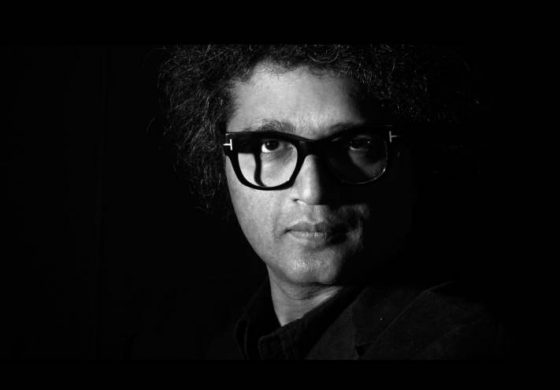According to a new study carried out by the Foundation for Individual Rights in Education (FIRE), most US universities establish rules that severely restrict free speech on the campus. Out of 427 schools surveyed in the report, one in six enforced "free speech zone" policies, which means that student protests and other "expressive activities" are restricted to small and isolated parts of the campus.
"The US Supreme Court has called America's colleges and universities 'vital centers for the Nation's intellectual life.' However, the reality today is that many of these institutions severely restrict free speech and open debate. Speech codes - policies prohibiting speech that would, outside the bounds of campus, be protected by the First Amendment - have been repeatedly struck down by federal and state courts for decades," the executive summary of the report states. "Yet they persist, even in the very jurisdictions where they have been ruled unconstitutional." The report provides some examples of free speech zones. The University of Southern Mississippi, for example, requires students to hold their demonstrations in one designated place – the Speakers’ Corner – unless they register the demonstration at least one month ahead. Longwood University in Virginia limits speeches, demonstrations and distribution of literature to one place and requires the area to be reserved five days in advance. Another method employed by many colleges and universities so as to restrict free speech is by charging demonstrating students for the cost of providing security at such events. The FIRE report indicates that some schools impede upon free speech rights in an attempt to stop harassment against particular groups and organisations. Athens State University in Alabama is a good example. The university has a long list of groups that any protesting students must be careful not to offend or criticize. That university prohibits "any conduct consisting of words or actions that are unwelcome or offensive to a person in relation to race, color, national origin, age, marital status, sex, sexual orientation, disability, religion, genetic information, or veteran status". Director of the FIRE Policy Research Samantha Harris said in a statement that the Department of Education should explain to universities that prohibiting harassment does not mean restricting free speech rights. FIRE breaks down schools’ speech codes by the colors on a stoplight: red, yellow and green. Over 250 schools receive FIRE’s ominmous red-light rating. A red light means that a school has a speech code that “clearly and substantially restrict protected speech,” according to a FIRE press release. Another 36 percent of the schools (so just over 150 schools) have yellow-light policies. This rating means that the schools over-regulate campus speech. Only a couple dozen schools receive a green-light rating, which means they actually enforce the First Amendment’s guarantee against government restrictions on freedom of speech. Voice of Russia, RT, Source: Article


